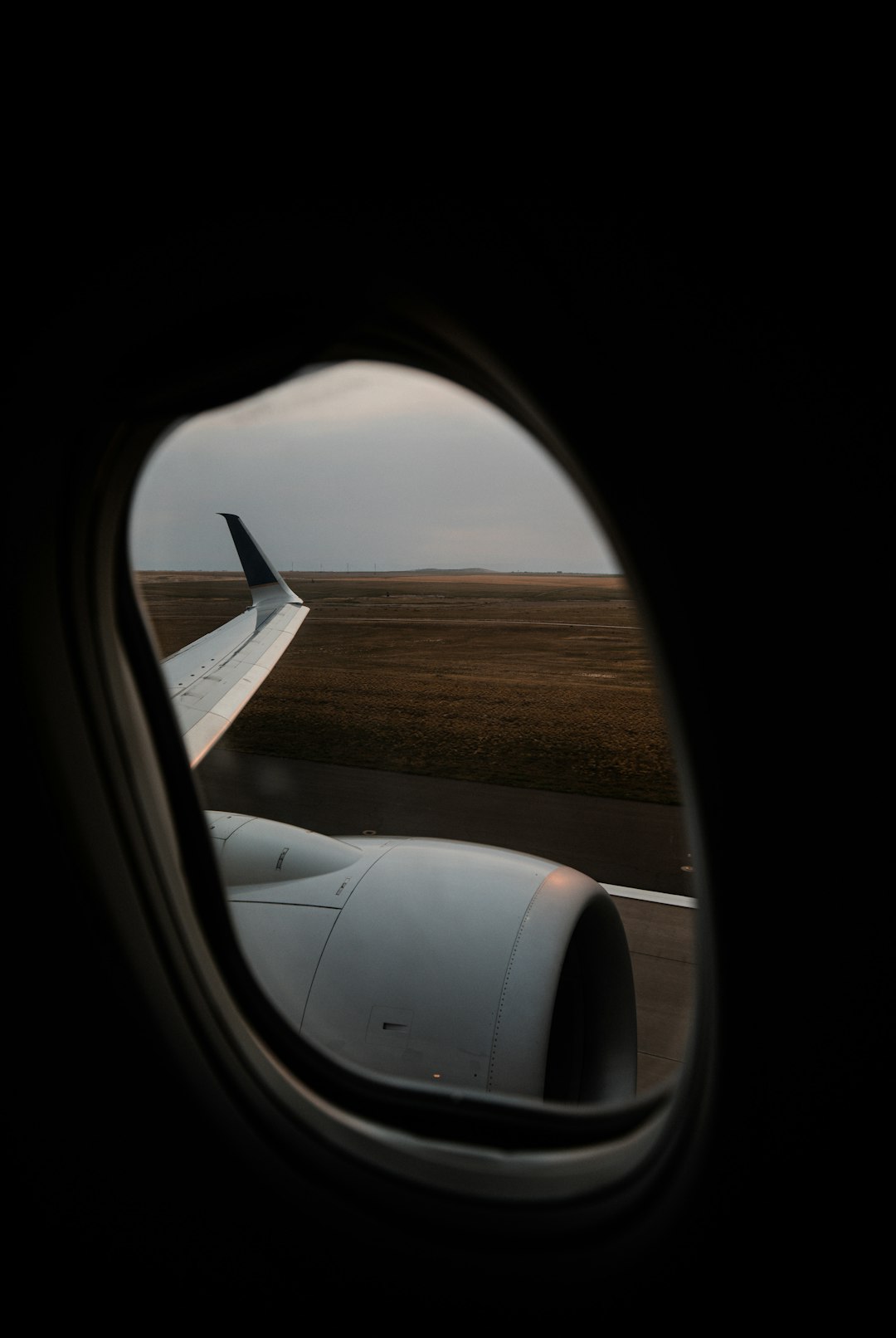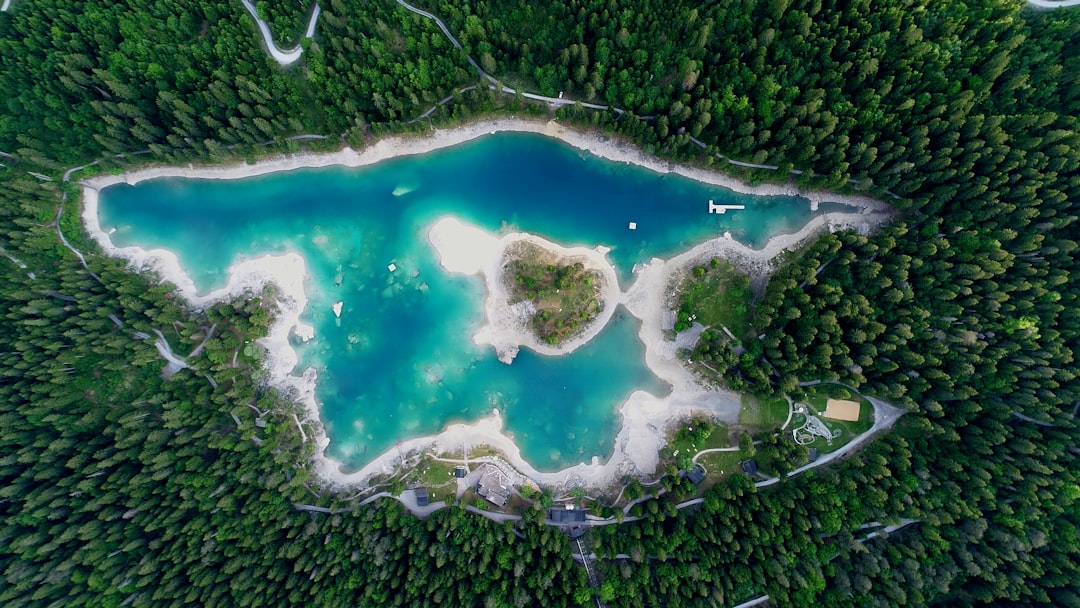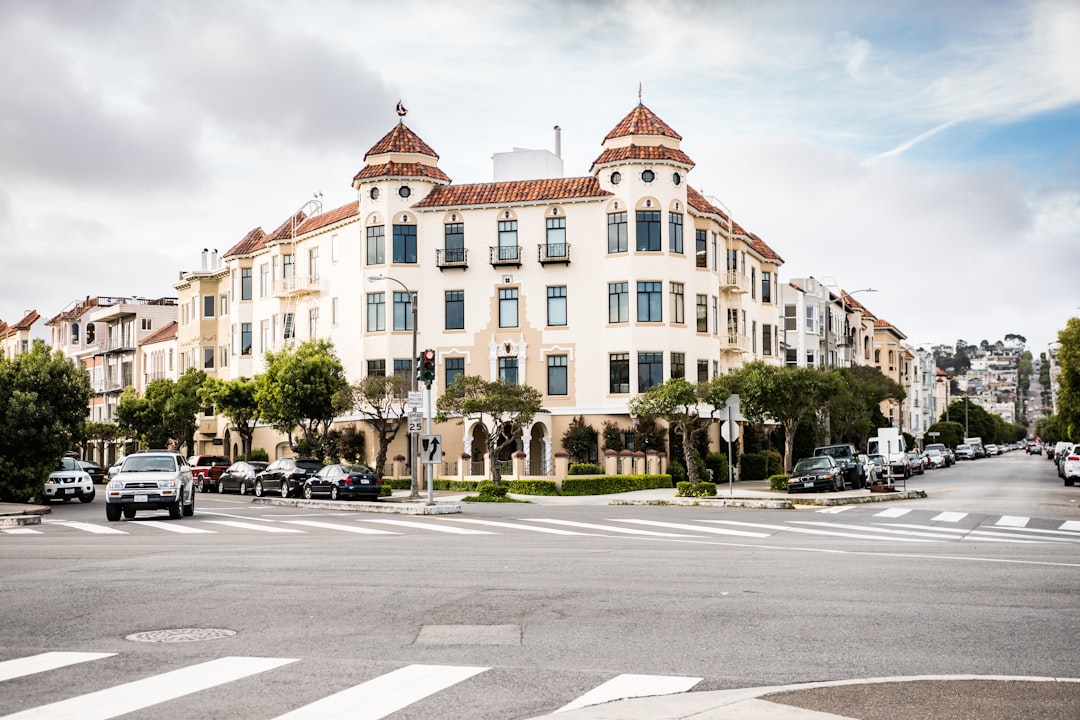1. Introduction.
travel can be a great way to relax and rejuvenate. However, it can also be a source of stress and anxiety. If you are not well-prepared, your vacation can quickly turn into a nightmare.
To help you avoid that fate, here are 10 tips on how to plan the perfect vacation:
1. Choose your destination wisely
2. Make a list of all the things you want to do and see
3. Do your research
4. Pack light
5. Make sure you have all the necessary documents
6. Set a budget
7. Check the weather forecast
8. Book your tickets and accommodation in advance
9. Travel with light luggage
10. Enjoy your vacation!

2. Set Realistic Expectations
Setting realistic expectations is an important part of planning the perfect vacation. Before you go, take some time to think about what you want to do and how much you can do in the time you have. Remember, you don't have to spend all your time on vacation running around to tourist attractions. Take some time to just relax and enjoy the scenery.
Also, it’s important to remember that rainy days happen. Give yourself some flexibility in your plan to deal with days where the weather may not be perfect. Similarly, no matter how many reviews you have read, don't expect that the restaurant, cafe, or hotel you are staying at will be perfect. If you set realistic expectations, you won't be disappointed if you don't find things up to your expectations.
Finally, keep in mind that some of the best parts of vacation can't be planned. So don't try to plan everything down to the minute. Leave yourself some room to relax, explore, and enjoy the unexpected.

3. Do your research
Researching your destination before you go is one of the most important tips for planning the perfect vacation. Knowing the area you are visiting will help you to plan activities and make the most of your time. Start by researching what kind of transportation is available, where to find the best restaurants, attractions, and activities. Make sure to read reviews from other travelers so you know what to expect before you arrive.
Also, make sure to check the local laws and customs of the area you are visiting so you know what to expect and can plan accordingly. For example, some countries require a visa for entry and many tourism centers expect tipping in certain situations. Researching these details ahead of time can save some hassle and help you remain respectful while on vacation.
Finally, make sure to check the weather forecast before you leave so you pack appropriate clothing. Knowing the weather can also help you plan your activities, such as outdoor adventures and sightseeing. Researching your destination before you go is the best way to feel prepared and ensure you have a great vacation.

4. Make a packing list
Making a packing list may be one of the most tedious and time-consuming parts of planning a vacation. However, it will save you time and stress in the long run.
Start by making a master packing list and list every item, no matter how small. This will help ensure you do not leave something important behind. Be sure to include toiletries, medication, and your passport.
Additionally, consider the weather during the timeframe you will be at your destination and pack accordingly. If you plan to hike or go on any outdoor adventures, make sure you have the appropriate clothing and shoes.
Finally, research any packing laws and regulations for the country you are visiting. For example, some countries have banned plastic straws, so make sure to pack a reusable one instead. By researching what items or supplies are allowed or not allowed, you can save yourself from uncomfortable situations.
Making a well-thought-out packing list and checking it twice will help take the stress out of packing for your perfect vacation.

5. Create a budget
Creating a budget is an important part of the vacation planning process. Many people get so excited about their trip that they forget to make a budget and end up spending more than they can afford.
To create an effective budget, start by researching the cost of airfare, hotels, and local attraction tickets. Add on the total cost of transportation to get to and from the airports and calculate the cost of food. Don’t forget to factor in souvenir shopping or any other activities you may want to do.
Having a budget will help keep your spending in check and ensure that you stay within your means. Planning ahead to book flights with stopovers, or taking public transport wherever possible, will save up on your budget. Alternatively, if you’re on a tight budget, you can always make an itinerary around free activities like hiking and going to local markets.
Set your budget and be sure to stick to it. This way, you’re sure to have a stress-free, budget-friendly vacation.

6. Travel with lighter luggage
Lugging heavy suitcases can be an arduous task, especially on holiday. Whenever you plan where to go and what to do, factoring in weight restrictions on flights, extra baggage fees and different customs regulations will help you prepare for a hassle-free vacation.
Investing in light luggage, like a backpack or a small carry-on suitcase, can be a viable option. With cabin luggage, you no longer have to pay extra fees and you can easily keep all of your things in one place.
If you’re travelling to a destination where you’ll be staying in the same place for a long period of time, you can avoid carrying too many clothes and other items by doing laundry on the go. Or better yet, you can buy clothes at your destination. Shopping local is always a fun and unique experience.
Pack items for the trip with an efficiency mindset, and be prepared to make adjustments when needed. Have the extra time means you’ll be able to enjoy your vacation more than if you were running around chasing your luggage and worrying about it.

7. Try to avoid jet lag
Nothing is worse than arriving at your destination and having to recuperate from the exhaustion of dealing with jet lag. Jet lag is caused by rapid travel between different time zones, disrupting the traveler’s circadian rhythm.
The best way to avoid jet lag is to adjust your sleeping and eating habits with the local time at your destination. Start shifting your sleep/wake times in the week leading up to your vacation and avoid big meals and alcohol consumption close to bedtime.
Once you arrive at your destination, allow yourself to adjust to the local time. Try to remain active throughout the day, even if it’s just going for a walk or doing some light exercise. Sunlight can help you adjust quickly. If possible, avoid sleeping during the day and try to stay awake until nightfall.
Staying hydrated and eating well is also important as it can help to reset your circadian rhythm. And, of course, make sure you get enough sleep. If you have time, try to take some naps during the day, as it will help you adjust to the local time and make sure you have the energy to enjoy your vacation.

8. Learn some basic phrases in the local language
When travelling, it is helpful to learn some basic phrases in the local language. This will help with communication and understanding the local culture and traditions without having to rely entirely on English.
Take the time to learn some simple words and phrases like “hello”, “thank you” and “where is…” or “how do I get to…” You may want to download a language app or find online lessons for help with pronunciation and grammar.
Of course, it is possible to travel without speaking the local language. Most locals appreciate the effort of travelers and will give you their best help. However, learning some basic phrases will show the locals your respect and appreciation, and they will probably be more willing to help you if you take the time to learn their language.
It may be tempting to take the easy way out and rely on your translation app or other technology, but it can often be helpful to make the effort to learn. Showing an appreciation for their language and culture can go a long way in terms of making your travel experience as smooth and enjoyable as possible.

9. Be prepared for unexpected expenses
When traveling, it is essential to prepare for unexpected expenses. Unfortunately, when you travel, there’s always the possibility of unexpected expenses. It's important to think ahead so that you won't be caught off guard and have your budget derailed.
Some of the unexpected expenses you may encounter could include a sudden change in exchange rates, a sudden illness, additional fees at local attractions, or an unexpected delay. When planning your trip, make sure to factor in at least a 10-20% margin of error in your budget to cover any unexpected costs.
Prioritize saving beforehand and always set aside some money in an emergency fund. Make sure to have access to the money you have saved in multiple ways, such as a prepaid debit card, credit card, or cash. And make sure you research the rules and regulations for taking large amounts of money abroad.
Having an emergency fund for unexpected expenses can save you from getting into a disastrous financial situation when you travel. Preparing for the “what ifs” can reduce the financial stress of traveling abroad.

10. Have fun!
Having fun is, by far, the most important tip of all. After putting in all the leg-work of sorting out your itinerary, booking your accommodations and flights, and prepared for all expenses, be sure to just enjoy yourself and have fun.
This also includes making quality time for yourself. In the whirlwind of crossing off all the activities on your to-do list, make sure to leave some time in your schedule to just relax, take a deep breath, and take in the sights, sounds, and culture that makes your destination special. That’s what travel memories are made of, after all!


No comments:
Post a Comment